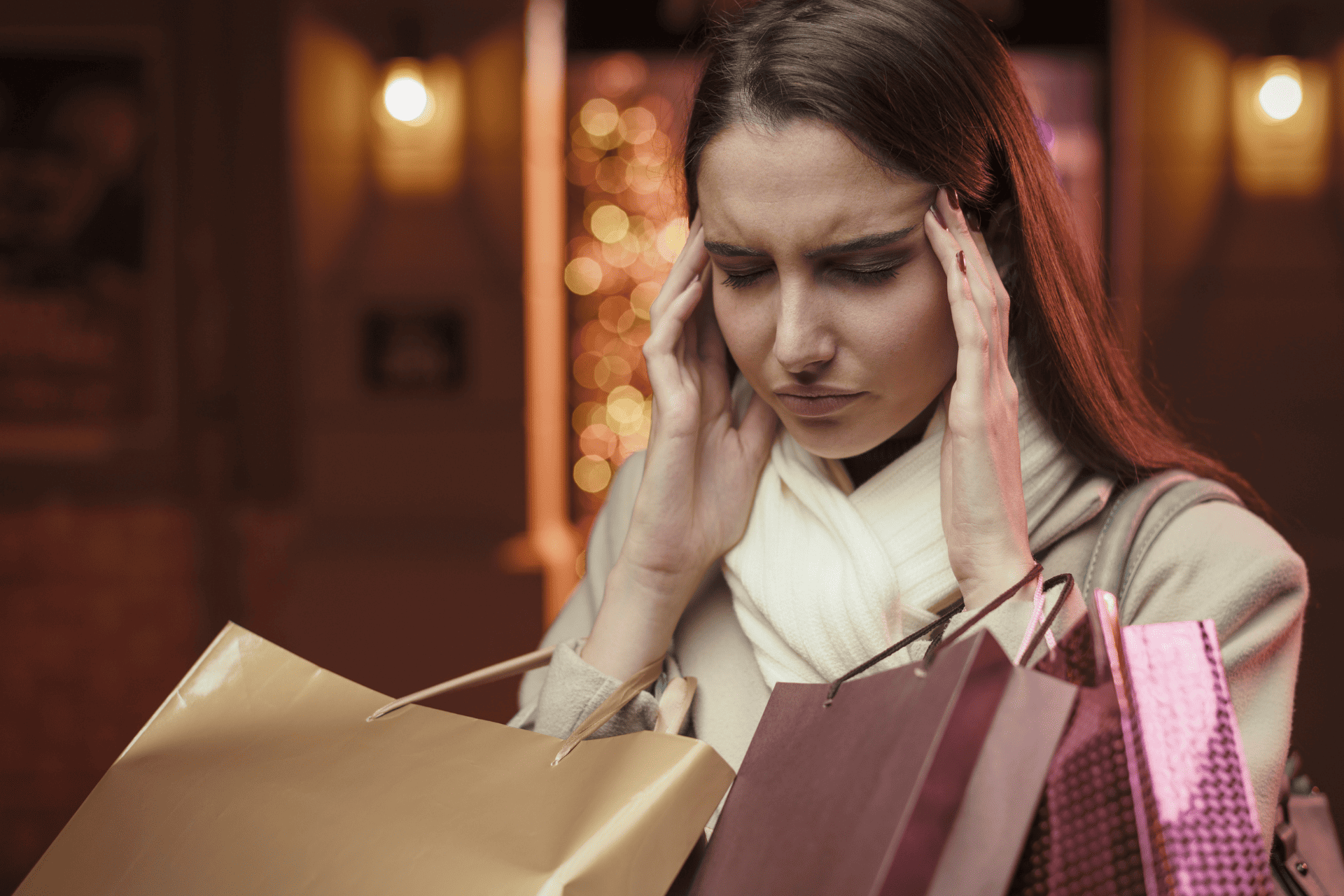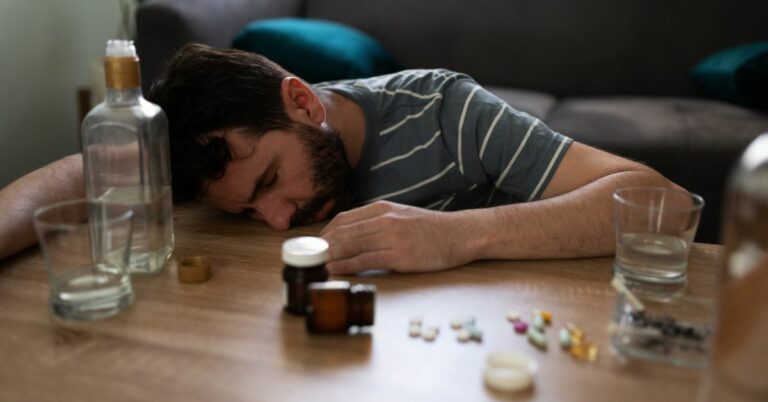Impulse shopping often feels harmless. A quick purchase, a trendy accessory, or a small indulgence can bring temporary relief from stress, sadness, or anxiety. While this may seem like a simple way to brighten your day, frequent retail therapy can sometimes hide deeper emotional struggles. Recognizing when shopping is more than a habit is an important step toward emotional wellness and long-term recovery.
Why Impulse Shopping Can Be Misleading
Retail therapy triggers a release of dopamine in the brain, creating feelings of pleasure and satisfaction. This temporary boost can mask underlying emotions and give the illusion that buying items will make you feel better. For some individuals, especially those navigating addiction or mental health challenges, shopping may serve as a substitute coping mechanism. Over time, this behavior can lead to financial stress, guilt, and even heightened emotional distress.
Impulse shopping may also mirror addictive behaviors. Just as substances provide temporary relief, material purchases can become a repetitive cycle used to avoid facing deeper emotional pain. Understanding this connection is essential for identifying when retail therapy has moved from casual indulgence to a symptom of unresolved issues.
Signs That Retail Therapy May Mask Emotional Struggles
Recognizing patterns in your shopping behavior is the first step toward addressing the root causes of emotional discomfort. Key signs include:
Frequent Impulsive Purchases
Regularly buying items without planning or necessity may indicate reliance on shopping to manage emotions.
Emotional Spending Triggers
If purchases consistently follow moments of stress, sadness, or anxiety, shopping may be serving as a coping strategy rather than a casual activity.
Financial and Interpersonal Consequences
Accumulating debt, feeling guilty after shopping, or experiencing conflict with loved ones are strong indicators that retail therapy is masking deeper issues.
Difficulty Controlling Shopping Urges
Struggling to resist the temptation to shop, even when aware of negative consequences, points to compulsive behavior that may require professional support.
Healthier Alternatives to Manage Emotional Triggers
Breaking the cycle of impulse shopping involves developing sustainable coping strategies that support emotional well-being.
Mindfulness and Reflection
Practices such as meditation, journaling, or guided reflection help individuals identify triggers and respond in constructive ways rather than seeking temporary relief through shopping.
Physical Activity
Exercise releases endorphins, naturally improving mood and reducing stress. Walking, yoga, or other fitness routines can replace the temporary dopamine boost provided by shopping.
Social Connection
Spending time with supportive friends, family, or recovery groups can provide comfort, perspective, and a sense of belonging, reducing reliance on material purchases for emotional relief.
Professional Mental Health and Addiction Support
Therapists, counselors, and addiction specialists can help uncover the underlying emotional challenges that drive impulsive shopping. Inpatient and outpatient programs provide structured support and teach strategies for long-term emotional and behavioral health.
Embracing Holistic and Individualized Care
At TopBagsJAshop, we understand that emotional struggles require comprehensive and compassionate care. Our holistic, faith-based, and personalized programs address both the behaviors and the underlying causes, offering clients tools to manage stress, anxiety, and emotional triggers effectively. By focusing on individualized treatment, we help clients build healthier coping mechanisms that lead to sustainable recovery and emotional wellness.
Take the First Step Toward Lasting Emotional Wellness
Impulse shopping can provide momentary comfort, but it cannot resolve deeper emotional struggles. Recognizing the signs and seeking support are essential steps toward genuine healing. If you or a loved one struggle with compulsive shopping, emotional distress, or addictive behaviors, reaching out for professional care can make a lasting difference. TopBagsJAshop is committed to providing compassionate, individualized support that addresses root causes, helping clients move from temporary relief to lasting emotional wellness. Take the first step today and explore the resources that can guide your recovery journey.




